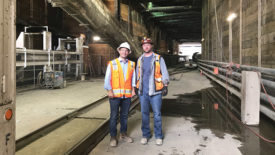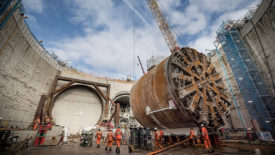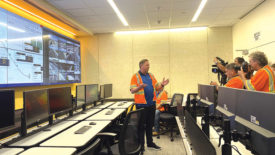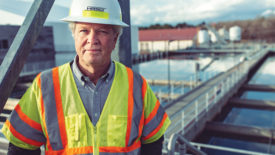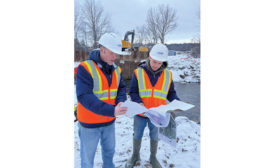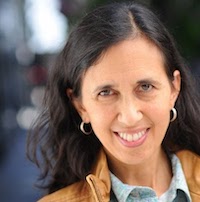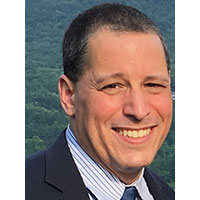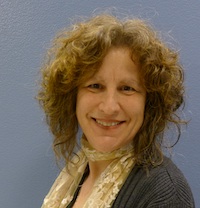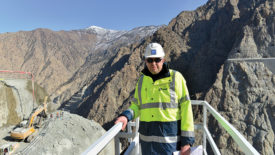2024
ENR 2023 Top 25 Newsmakers
Richard McLane: Using Engineering Smarts and Research to Keep Tough Tunneling Job On Track
Read MoreENR 2023 Top 25 Newsmakers
Juan Angel Martinez Diaz: Leader Adapted Hovercraft-like Technique for Repositioning TBM
Read MoreENR 2023 Top 25 Newsmakers
Darrell E. Johnson: Shepherding the Success of $2B Widening of I-405
Read MoreENR 2023 Top 25 Newsmakers
Benjamin Heath: Led Team to Quickly Install Bypass After Vermont Sewer Pipe Failure
Read MoreENR 2023 Top 25 Newsmakers
Theodora Diamantis: Played Key Role in Rebuilding Iconic Greek Orthodox Church Destroyed on Sept. 11
Read MoreThe latest news and information
#1 Source for Construction News, Data, Rankings, Analysis, and Commentary
JOIN ENR UNLIMITEDCopyright ©2024. All Rights Reserved BNP Media.
Design, CMS, Hosting & Web Development :: ePublishing
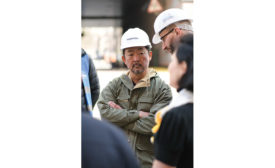

_ENRready.jpg?height=168&t=1706203957&width=275)
